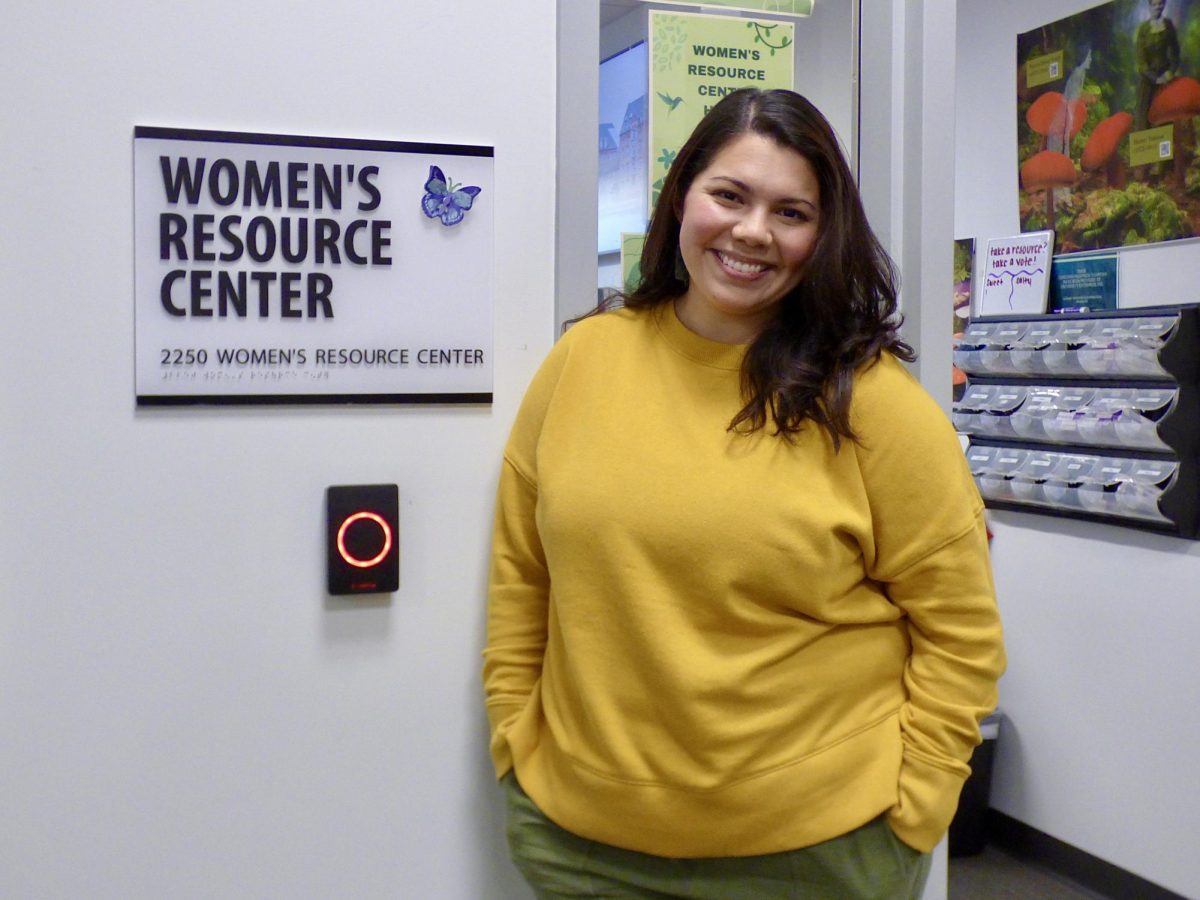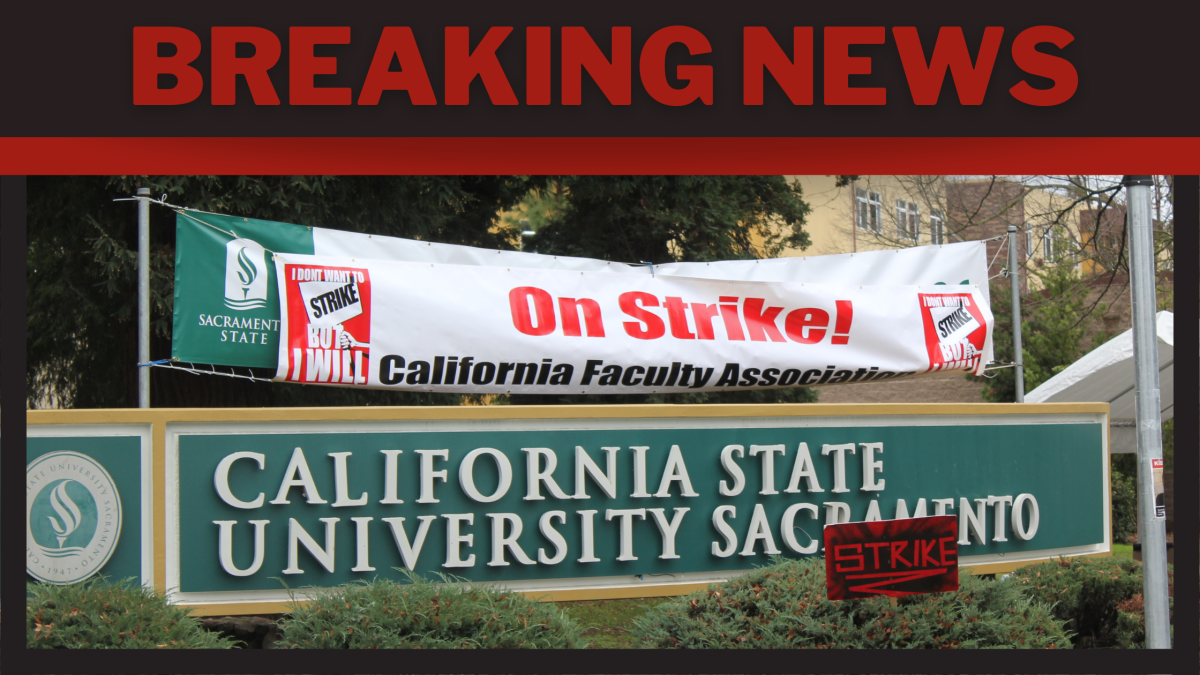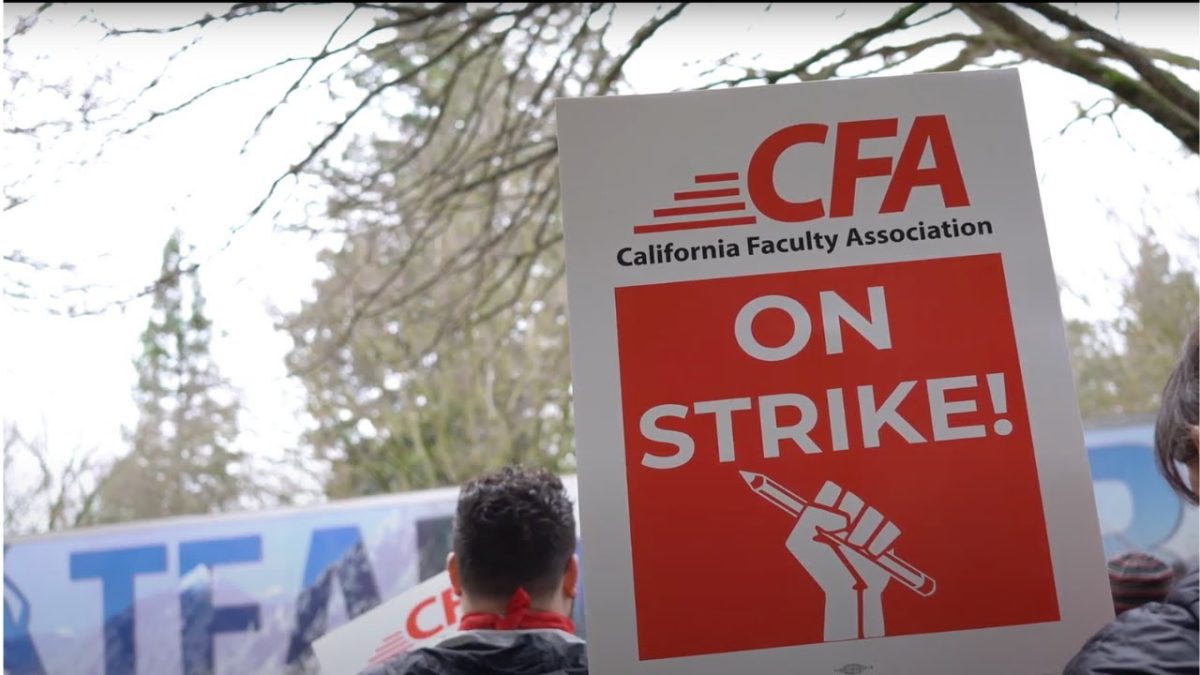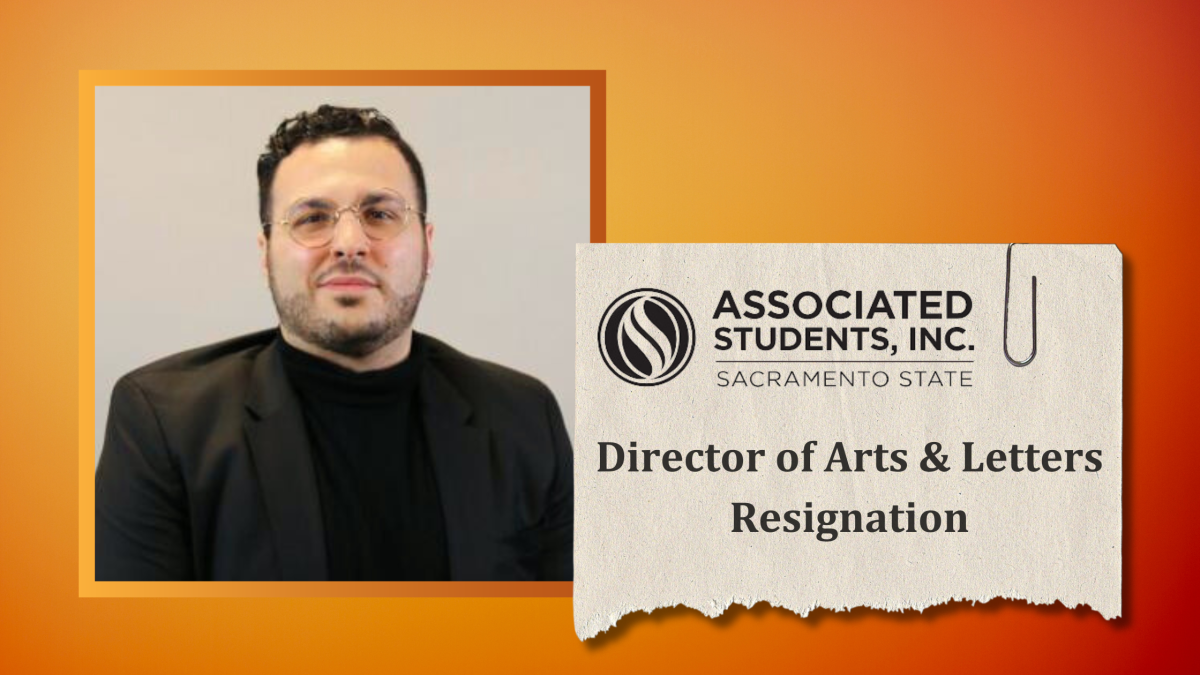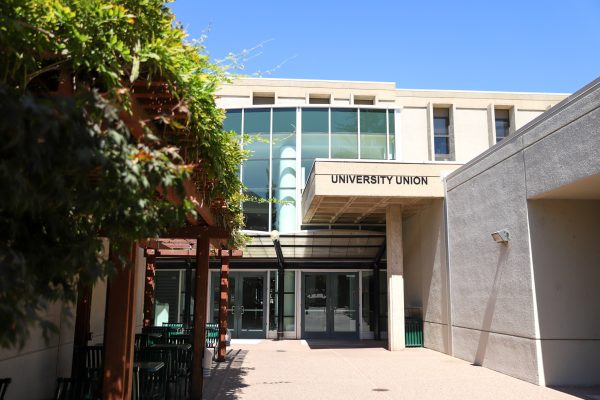California Faculty Association plans strategy for new collective bargaining agreement
November 15, 2013
With the current collective bargaining agreement ending June 2014, the California Faculty Association has begun discussing issues such as hiring more tenure-track faculty when negotiations begin next year.
“I think increasing the number of tenure-track of faculty positions is very essential to the vitality, growth and quality of the university,” said Ernest Uwazie, CFA Sacramento Chapter Faculty Rights chair.
Tenure-track faculty serve on a probationary status of employment and seek to become permanently tenured.
Uwazie said many part-time faculty have the capability of becoming tenure-track and believes the CSU can do a better job of increasing the number.
Cecil Canton, CFA Sacramento chapter executive member, said many of the state schools have more part-time faculty than tenure-track or tenured.
According to Sacramento State’s Office of Institutional Research, 54.7 percent of faculty are non-tenure track.
“It’s not that they are not qualified to teach, it’s just that the system has been saving money,” Canton said. “We believe there is an impact on quality.”
According to the CSU Profile of CSU Employees for fall 2012, 10 of the 23 CSU campuses had more part-time faculty, while two of the campuses had the same number of part-time and full-time.
Manuel Barajas, a member of the CFA affirmative action committee, said the university has seen a decline in full-time faculty and rather than hiring more, class sizes are increasing and online courses are becoming more of an option.
“I think that the union should fight hard against the hegemonic corporate model that hires more managers than teachers and that prioritizes making money more than offering accessible quality higher education,” Barajas said.
Kevin Wehr, CFA Sacramento chapter president, said one of the other issues CFA is looking for in the agreement is parental leave to allow faculty to take care of their children. Many younger faculty may have families when they begin to work for the CSU, he said.
“If a faculty (member) has a child, it can be really difficult to take time off work in the middle of the semester,” Wehr said.
Canton said the faculty needs some protection that will guarantee its job if people decide to go on parental leave, and the CFA wants to avoid faculty having to choose between jobs and children.
“Those are the kind of things that should be in an agreement,” Canton said. “They are important to faculty.”
While CFA continues to look for certain negotiations in their new agreement, the CSU system wants to ensure fairness.
“Our main goal is to come to an agreement that fits both sides,” said Mike Uhlenkamp, CSU Director of Public Affairs.
Uhlenkamp said the CSU system is discussing the idea of being innovative and in the process of evaluating all union agreements.
He said the collective bargaining agreement is a long and complex process consisting of over 40 different sections that include salary, time off, holidays and benefits.
While faculty has the responsibility of teaching, Canton said they are also responsible in having a say in what happens in the curriculum.
“Faculty, just like students, have been working a lot more and getting a lot less support from the university,” Barajas said.
Canton said it is the responsibility of faculty to stand up for issues it believes are not being addressed because faculty working conditions are student learning conditions.
“The contract helps to strengthen and protect the faculty so that they can participate in [shared governance],” Canton said. “If we have a weak contract or no contract, it is very difficult to talk about the meaning of shared governance.”






